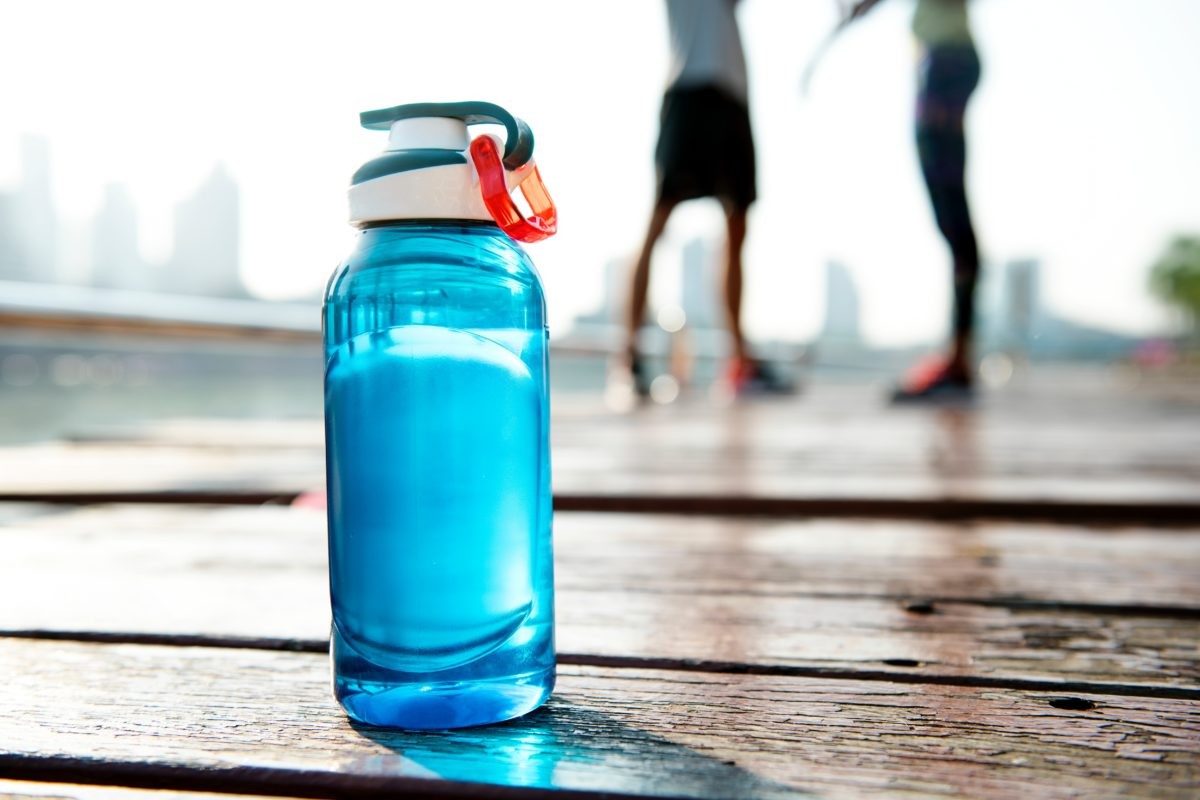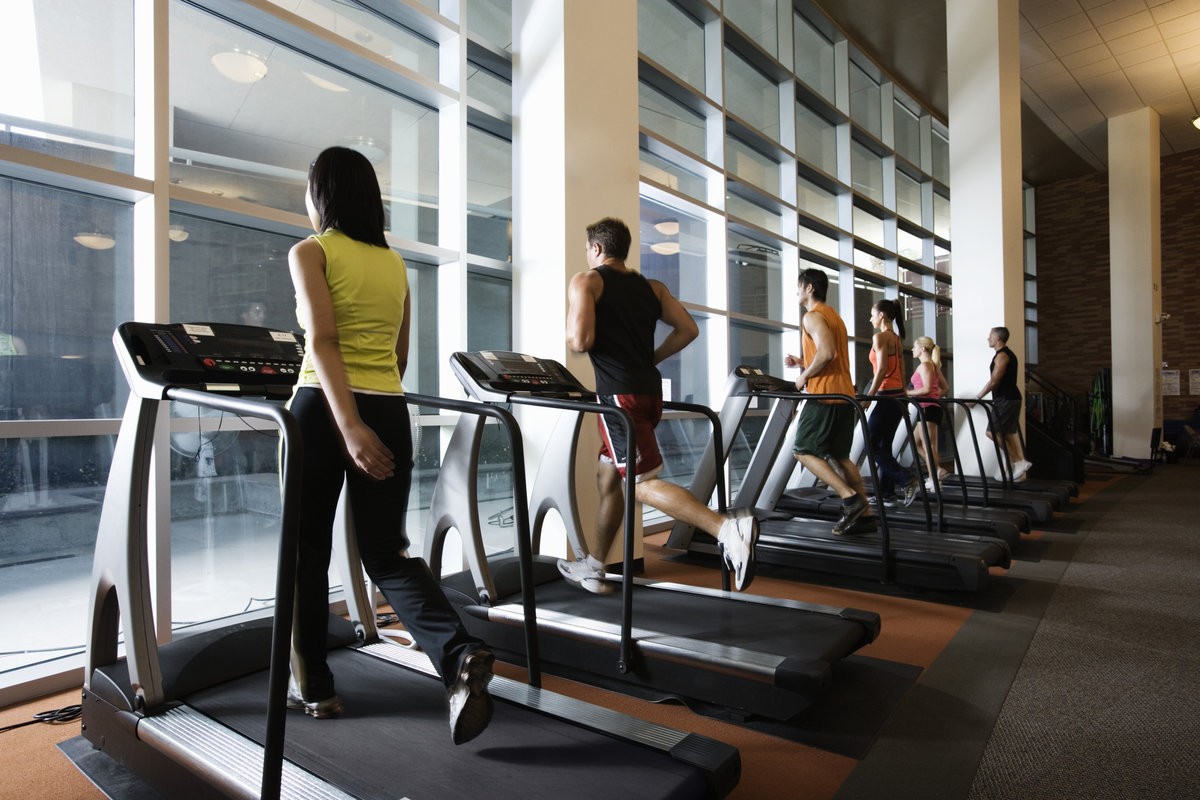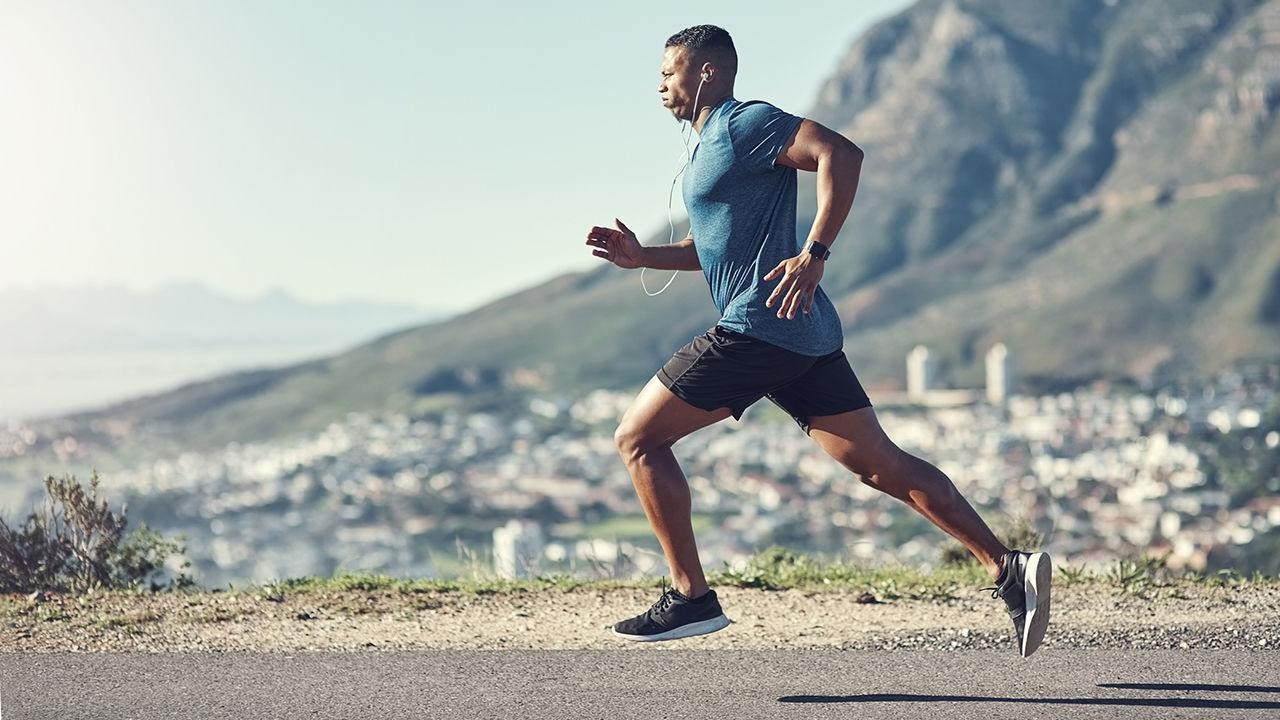Helpful Tips To Stay Healthy During A Trip
Traveling does not have to interrupt — or lead you to completely abandon — your healthy habits. You can still fit in exercise time when away from home, whether you find yourself in a warm or cold climate. Even if bad weather forces you into hotel room seclusion, there are ways you can keep yourself occupied and in good shape. Here are some useful tips for you stay healthy while on a trip.
1. Start your day with heavy and healthy breakfast
 |
| Photo: Love & Lemons |
Breakfast is the fuel that will keep you going the entire day. Make sure you don’t start your day without eating heavy and healthy breakfast. Most of the hotels offer complimentary breakfast to guests, so don’t miss out on the opportunity to grab everything that will pump your metabolism. In case your package doesn’t include breakfast, we recommend stocking up fruits and nuts for the trip.
Eating a breakfast high in fibre and whole-grains can increase your energy throughout the day. Whole grains like oats work to balance your blood sugar levels so that you avoid a late morning drain and rush for something sweet like a muffin or donuts.
Eating breakfast can help you to think more clearly, make better decisions, and be more productive. It can also improve your mood. That’s because when we eat, we supply our brain with glucose. This is especially critical in the morning, since when we awaken, we break the ‘fast’ during sleep. The American Journal of Clinical Nutrition agrees. In a 1998 report entitled Breakfast and Cognition: an Integrative Summary, it noted that ‘blood glucose plays a role in cognitive function’, and concluded that ‘omitting breakfast interferes with cognition and learning’.
Skipping breakfast has been linked to increased bad cholesterol levels and insulin sensitivity. Over a period of many years, you put yourself at greater risk for cardiovascular disease.
2. Buy groceries instead of eating out
 |
| Photo: Getty Images |
Though heavy breakfast will keep you energetic throughout the day, you can’t skip meals even if you are on a budget trip. For that, we suggest buying groceries instead of eating at restaurants. This way, you will save money, eat healthy, and not indulge in overeating. Popcorn, eggs, soup, and oats are some healthy and quick-to-cook foods you can opt for.
Contaminated food or drinks can cause travelers’ diarrhea and other diseases and disrupt your travel. Travelers to some destinations are especially at risk.
The following foods are usually safe to eat:
Foods served hot: High heat kills most of the germs that cause travelers’ diarrhea. If cooked food is served steaming hot, it is usually safe to eat. Be careful of food that is cooked and allowed to sit at room temperatures or in a warmer, such as on a buffet. It could become contaminated while siting out.
Dry or packaged foods: Most germs require moisture to grow, so foods that are dry, such as potato chips, are usually safe. Additionally, food in factory-sealed containers, such as canned tuna or packaged crackers, are safe as long as it was not opened and handled by another person.
The following foods can be risky to eat:
Raw foods: Avoid eating raw foods. Fruits or vegetables may be safer to eat if you can peel them yourself or wash them in bottled or disinfected water.
Stay away from platters of cut-up fruit or vegetables. They may have been contaminated during preparation.
Be careful with fresh salads. They are more likely to cause sickness because some germs on salad greens can’t be washed off. Also, shredded or finely cut vegetables have a lot of surface area for germs to grow.
Avoid fresh salsas and other sauces or condiments made from raw fruits or vegetables.
Be careful with raw meat or seafood, including raw meat that is “cooked” with citrus juice, vinegar, or other acidic liquid (such as ceviche, a dish of raw seafood marinated in citrus juice). They may contain germs.
Street food: Street vendors may not follow the same food preparation standards or follow the same safety practices that restaurants do, such as handwashing and using thermometers. Eat food from street vendors with caution. If you choose to eat street food, follow the same food safety rules as you would with other foods. For example, if you watch something come straight off the grill, cooked and steaming hot, it’s more likely to be safe.
Bushmeat: Bushmeat refers to local wild game, generally animals not typically eaten in the United States, such as bats, monkeys, or rodents. Bushmeat can be a source of animal-to-human spread of diseases, such as Ebola. Travelers should avoid eating bushmeat.
3. Play with the Kids
 |
| Photo: iStock |
Go ahead, relax and sunbathe a little, but make sure you have some calorie-burning fun with the kids, too. Play “Marco Polo” in the pool. Go bikeriding. Shoot hoops. Pick up sea shells on the sea shore. Warm up those decades-old-but-you-never-lose-‘em ping pong skills. Chances are, you’ll have as much fun (maybe even more!) as the little ones.
Children are naturally very curious about new countries and are excited to learn new things and always want to know more about the interesting places you can visit, the food you will taste or the activities you can enjoy abroad.
4. Stay hydrated
 |
| Photo: PlateJoy |
When you’re traveling, your normal routines usually get thrown aside. You may skip workouts or get on a different sleep schedule for the week. Another challenge while traveling is staying hydrated.
At home or the office, you have access to water all the time. If you’re in the habit of drinking enough water each day, you probably don’t give it much thought. When you’re on the go, you need to be drinking enough water to keep yourself healthy.
When you are dehydrated, a few things can happen, including fatigue, muscle cramps, headaches, constipation, and overeating. Fatigue is an important problem to combat when you’re traveling because you will likely be busy with little time to rest.
If you don’t know what the water situation will be like at your destination, try to stay hydrated before you leave. On the days leading up to your trip, drink as much water as you can (as long as it’s a healthy amount). This will help to balance out your water loss later.
You should be able to find coconut water in the airport and at stores once you land. It’s easy to become dehydrated on airplanes so you should be able to find this drink in an airport terminal. Coconut water is full of natural electrolytes and potassium. This powerful combination will boost your hydration and keep you feeling your best.
This can be tricky, especially if your trip is to a warm climate. If possible, try to stay out of the sun during the day. Go out in the morning or evening when the temperatures are lower. If you are outside during the day, bring plenty of water and limit the amount of time you spend outdoors.
5. Look for a hotel with gymnasium
 |
| Photo: iStock |
Book a hotel with gymnasium so that you don’t miss your workout session while traveling. An in-house gym has become a quintessential amenity, even for budget hotels. Check out FabHotels properties with a gym so that you don’t have cheat days.
Go to www.HotelGyms.com and enter your preferred location. Let’s assume we plan a trip to Dubai and want to find a hotel with the best gym experience. Simple, enter the location, select a date, and click “Search Hotels”. Less than one second later, you get your list of available hotels. The availability and prices are coming from Booking.com, which is also the booking provider of choice.
The overview in the search results shows you already the most important information:
Total Price from Booking.com
Reviews from Booking.com and Google
Pictures from the Hotel
and of course the GymFactor
The GymFactor of 4.0 represents the maximum and ensure you will have an amazing fitness experience. But most of the time, hotel gyms with a GymFactor of 3.0 are more than enough for a great workout. You can use the filters and sort functions to further update your selection/preferences.
6. Workout in room and parks
 |
| Photo: Shutterstock |
A hotel with no gymnasium shouldn’t be the excuse to keep you off the routine. You can work out in your hotel room or a nearby park. A couple of squats, push-ups, and burpees are enough to keep you going. If you want to exercise in fresh air, explore the parks in the locality and stay on the track.
Contact the hotel and ask about on-site or nearby fitness facilities. If none are available, bring your own portable gym. Make sure to inquire about safe walking and running trails.
Mandatory Packables: Your swimsuit, jump rope, heart rate monitor and resistance tubing or band should be packed and accessible. Prepackaged kits that come with exercises are also good options; try Fit Kit or AquaBell Travel Weights. The latter is an innovative set of dumbbells that fits into your briefcase or carry-on. Just fill them with water at your destination, and they can provide up to 16 pounds of resistance per dumbbell.
Wear your walking or running shoes and workout clothes when you travel, so you can jog or take a brisk walk in the airport or train station. Incorporating some movement into the travel day will prevent aches and pains and help to lower your risk of blood clotting, not to mention bloating.
 | How To Buy Fragrance And Perfum Online Without Having To Smell Purchasing perfume, or fragrances online might not be easy, given how you have to use your nose to smell which ones you like most. There ... |
 | For A Safe And Comfortable Road Trip Road trip travel is an amazing experience for adventurous people, but it also requires some skills to avoid mistakes and potential dangers that beginners can ... |
 | Useful Tips For Your First Trips To Southeast Asia Southeast Asia has many amazing destinations for beginners to discover, which are packed with interesting cultural and historical sites, amazing festivals, friendly locals, etc. Here ... |
Recommended
 Handbook
Handbook
Vietnam Moves Up 8 Places In World Happiness Index
 Handbook
Handbook
Travelling Vietnam Through French Artist's Children Book
 Multimedia
Multimedia
Vietnamese Turmeric Fish among Best Asian Dishes: TasteAtlas
 Handbook
Handbook
From Lost to Found: German Tourist Thanks Vietnamese Police for Returning His Bag
Popular article
 Handbook
Handbook
Prediction and Resolution for the Disasters of Humanity
 Handbook
Handbook
16 French Films To Be Shown For Free During Tet Holiday In Vietnam
 Handbook
Handbook
Unique Cultural and Religious Activities to Welcome Year of the Snake
 Handbook
Handbook







